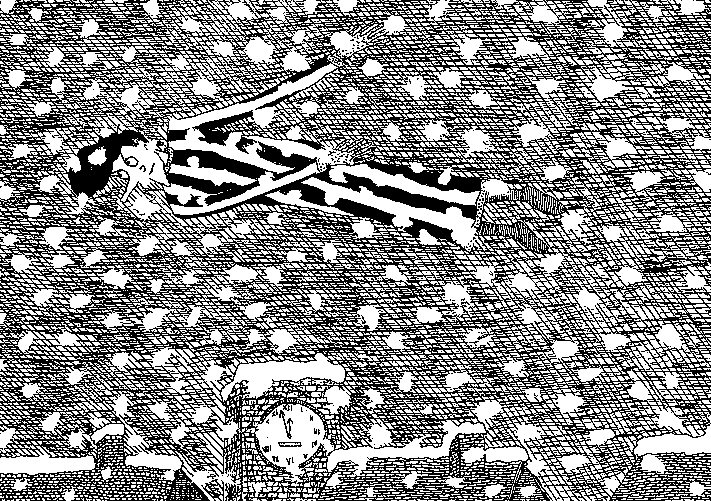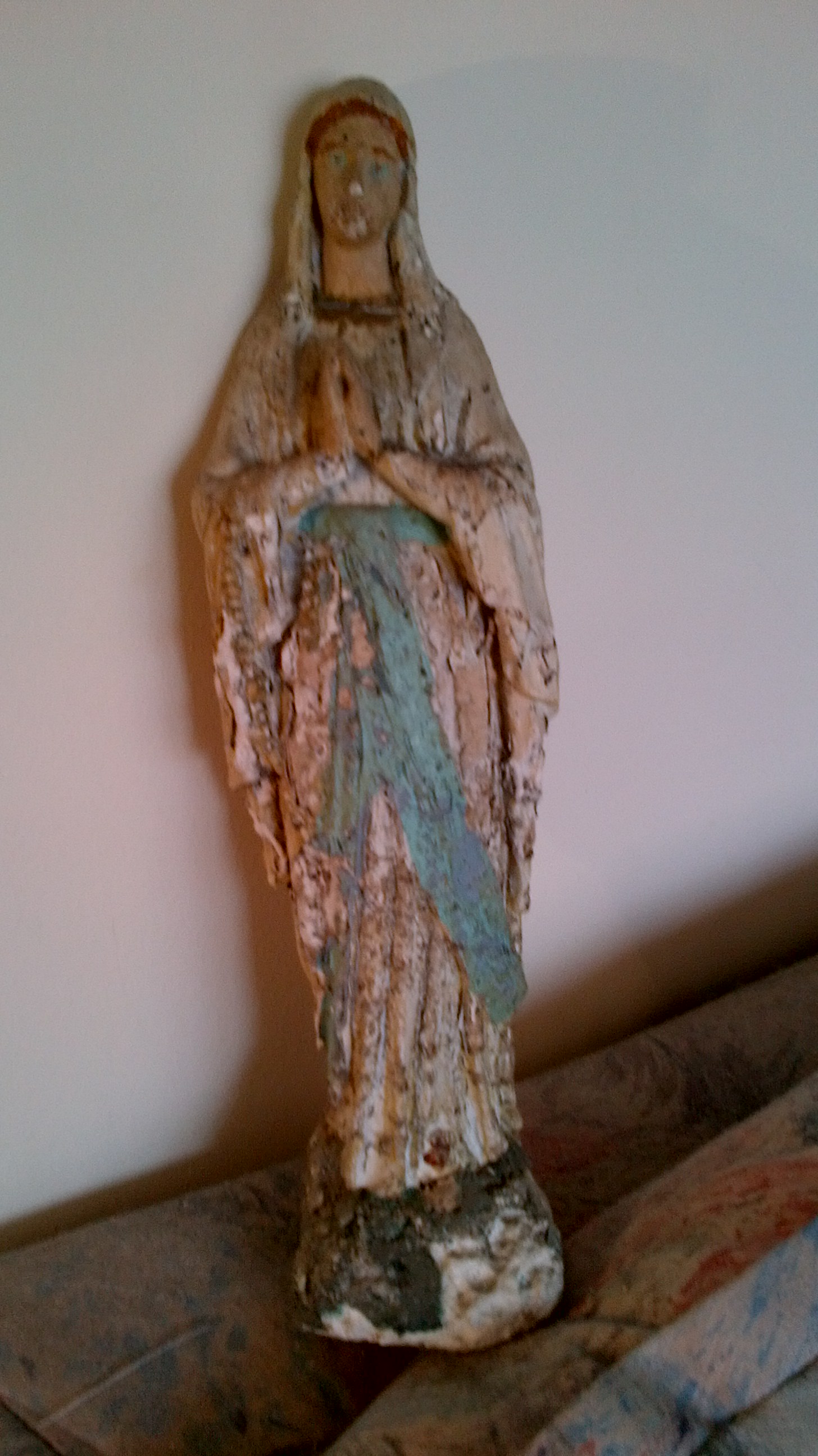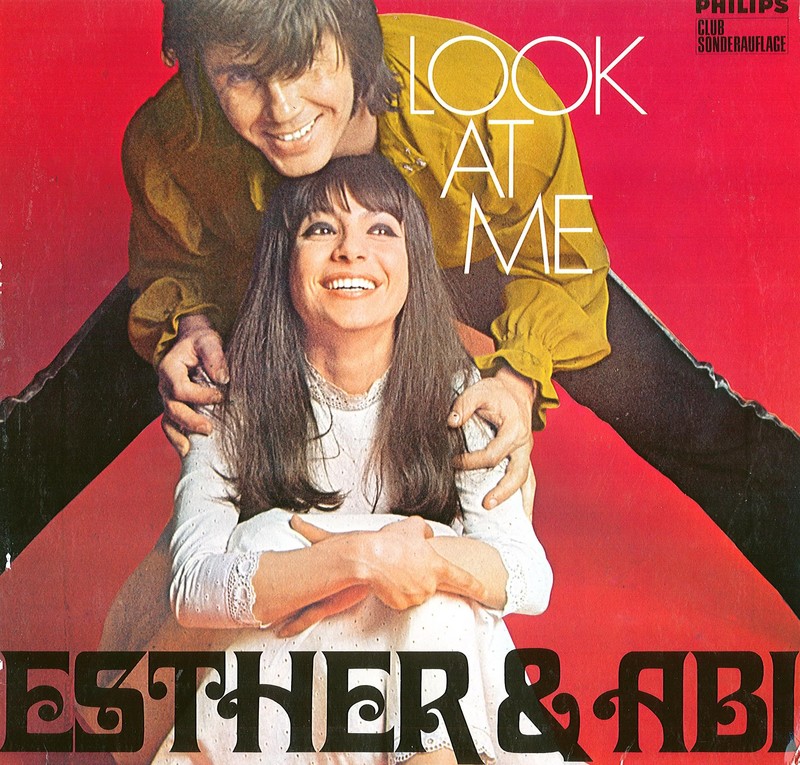I must say that thus far the Euro2016 foopball tournament has proved somewhat disappointing. No commentator has yet matched the majestic observation, at the 2010 World Cup, “for a moment there, he looked like a baby gazelle who’d just plopped out of the womb”. But perhaps things are looking up. Today I have learned that the Italian defenders “are like tawny owls”.
Monthly Archives: June 2016
Broke, Pompous, And High As A Kite
In a review of a new biography of Thomas De Quincey, Hermione Eyre brilliantly describes him as “broke, pompous, and high as a kite”. Could the same, I wondered, be said of Mr Key? Let us take them in turn.
Broke. Definitely. I have a very limited income, and I lead a very frugal life. I am deeply grateful to my subscribers and those who make one-off donations (you know who you are) who help to alleviate my penury. I did entertain the fantasy, last year, that Mr Key’s Shorter Potted Brief, Brief Lives might become a huge international bestseller and thereby bring the wealth of Croesus showering upon me, but of course this failed to happen. Writing is not a sensible pursuit if one wants to become rich.
Pompous. I try my best to burnish my pomposity. Declaiming and pontificating, particularly upon subjects I know little or nothing about, is a helpful approach in this regard. It is also important not to behave, or even think, as if one is broke (see above). In fact, reduced circumstances can make pomposity easier to achieve. Having little justification to assume an air of grandeur, my attitude of rising high above the riffraff is most surely pompous, and I would have it no other way.
High as a kite. This is where I am unable to compare myself to De Quincey. In the last century, I could have done. An American editor, considering my early work, wondered if I wrote under the influence of hallucinogenic drugs. (This is referred to in David Langford’s 1993 article, here.) While I eschewed illegal drugs, I was pretty much perpetually drunk for the last twenty years of the twentieth century, so I suppose it is true that all my early writing was done when I was high as a kite, or pissed as a newt. Eventually, of course, my debauches left me unable to string a coherent sentence together, and I was reduced to bestial grunting on the way to and from the off licence.
I swore off booze in 2001 and haven’t touched a drop since then. At first I did worry that perhaps clear-headed sobriety would scupper my prose, but of course it didn’t. Every so often I toy with the idea of writing one of those booze-memoirs, but the thing about drunks and druggies is that we are very, very boring. Unless, like Thomas De Quincey, we are touched by genius.
Haircut
In terms of personal grooming, I have always set great store by the pudding basin haircut. It is an effortlessly stylish look, achieved by having a pudding basin upended over one’s bonce, while one’s barber snips away any hair protruding below the rim. Obviously, before putting the pudding basin in place, the hair is combed, in a uniformly downward direction, from a central point at the apex of the head.
If you wish to avail yourself of a pudding basin haircut – and I would strongly advise you to do so – there are a few things to bear in mind. Before donning your boots and windcheater and heading out to the barber’s, you should ascertain whether he supplies his own pudding basin. This is particularly the case if the size of your head strays from the human norm. If you have an unusually large head, or an abnormally tiny one, a standard size pudding basin will result in a very stupid haircut. In these circumstances, or if your barber does not supply his own pudding basin, be sure to take one with you.
But before leaving the house, check that your pudding basin has been thoroughly cleaned since last you used it for making a pudding. Failing to do so might find you leaving the barber’s, later, with your new haircut splattered with bits of, say, sago pudding. You will be extremely fortunate to make it home without being beset by birds, swooping down upon your head and pecking at your hair with their sharp fearsome beaks, intent on gobbling up every last scrap of sago pudding, which most birds find irresistible. This savage pecking is also likely to cause catastrophic damage to your brand new haircut, and you will probably have to turn around and go straight back to the barber’s so he can snip snip snip it into some semblance of tidiness and style. He may not, however, be able to achieve that enviable pudding basin look you left with a few minutes earlier. Also, unless he is a particularly generous barber, you will have to pay him twice – and all because you neglected to scrub every last smidgen of sago pudding from your pudding basin.
By the same token, make sure you wash the pudding basin when you get home, or at least before you next use it for pudding preparation. A stray hair or two may adhere to the inside of the basin, and thus find its way into your pudding. This could result in dinner party calamity, and you will become an object of disgust to your guests. Not even that effortlessly stylish pudding basin baircut will save you from consequent social disgrace and possible criminal prosecution.
Viva Unstrebnodtalb!
One of my favourite Hooting Yard characters is Detective Captain Unstrebnodtalb. He made his first appearance long ago in the last century, in The Immense Duckpond Pamphlet:
The next day all hell broke loose. Early in the morning, as Blodgett polished the outside spigots, an ogre or wild man hove into view atop the southern hills. Its progress towards the House was implacable. It stamped through the bracken, vaulted the ha-ha with a single bound, negotiated the massive basalt wall with surprising elegance, and sprang towards the terrified Blodgett, whirling its hirsute arms alarmingly and making disgusting guttural noises. It was matted with filth. Flies, gnats, and tiny things emitting poisonous goo crawled all over its flesh. It seemed to be decomposing. It drooled. It picked up Blodgett, sank its fangs into his skull, and hurled him aside. Pausing momentarily to spit out particles of Blodgett’s head, it smashed its way through the wall of the House, oblivious to the fact that there was an ajar door three feet to its right. Once inside the House, its rage seemed to increase. It rushed wildly from room to room, obliterating the furniture, tearing up floorboards, destroying chandeliers, bashing holes into walls and ceilings, sucking the wallpaper off the walls. It chewed up banister rails and regurgitated them, disgorging them with such force that each rail acted as a lethal projectile. At least one of the urchins was impaled as a result. Five minutes after the ogre’s arrival much of the lower part of the House lay in ruins. Small fires were starting, but they were doused by water spurting from uprooted taps. Euwige and Jubble were still sprawled in the Bittern Room when the ogre eventually came upon them. It let out an inhuman cry. It picked at its sores. It became becalmed. Fixing it with a bemused stare, Jubble rose to his feet. “You know, there might still be some grog left,” he said, “Would you care for a drop?” The ogre pounded its fists against its own head. Then it blinked, shuddered, twitched. Jubble pushed a tin mug of grog into its paw. It gulped the sweet muck down greedily, then threw the mug back at Jubble, missing his ear by a whisker, as they say. Something in its manner seemed to change. By now, blind Euwige too was on her feet. She sniffed at the violent pongs emanating from the ogre, then stepped towards it. “Thank heaven! You have come!” she said, “Jubble, meet my dear friend Detective Captain Unstrebnodtalb! He comes from a far country, and his brain is hot.”
Swept Away And Gone
Tie A Yellow Ribbon
Tie a yellow ribbon round the old oak tree. Now, take a step back and consider your handiwork. Did you tie the knot with due care, so that it will not come loose and the yellow ribbon be borne away in the howling gale which, if we are to believe Tim the radio meteorologist, is imminent? You had best check that knot again. And did you ensure that the ribbon you used was as yellow as yellow could be? The painter Pierre Bonnard once remarked “Yellow! One can’t get enough of it!” and there spoke a man who knew what he was talking about. So while you stand there, feeling the first faint stirrings of the coming gale, ask yourself if Bonnard would give your ribbon the thumbs up. If you can honestly say “Yes!”, and you are convinced your knot is secure, then you may give yourself a pat on the back and repair to Old Ma Purgative’s Tea Shop for a well-earned snack.
But soft! Who cometh? Who is this, mincing along the lane towards the old oak tree, armed with a gleaming pair of scissors? Why, it is Mr Snippy! He has designs on your yellow ribbon. If he is not stopped, he will snip snip snip with his scissors and stuff the ribbon into his pocket and scurry away, cackling, looking for other ribbons to snip, from other trees.
Pick up that spade and bash Mr Snippy with it. While he is lying on the ground groaning and gurgling, snatch up the scissors and toss them into the mire beyond the old oak tree, having first embluntened them with an embluntening tool. Then give Mr Snippy a few kicks for good measure and sashay off towards the Tea Shop. The wind is coming in, and you will want to be indoors, safe and snug, so you can write up your report to the Old Oak Tree Yellow Ribbon Board of Supervisors. They do not suffer fools gladly.
The Tarpaulins Of Goosbeck
The tarpaulins of Goosbeck, oh! how we cherished them. They covered things that would otherwise have got wet during spells of rainfall. “Ah,” you say, “but it hardly ever rains in Goosbeck, due to certain geographical oddities I am unqualified to expound upon.” I would have you expound upon them nonetheless. Rainfall is a topic of quite staggering interest to me, and I am always keen to hear more about it, even from the unqualified. And there is nothing to stop you embarking on a course of study in rainfall in any case, ending with a certificate or diploma, and then you would be qualified to expound. But you remain silent. You do not take up my challenge. You gaze over my shoulder, and in the distance you can see the flattened ruins of Goosbeck, or you could if you were wearing your specs. But you left them on the sideboard in your hotel room, because you are forgetful. You are forgetful because you have reached a great, improbable, age. You are so old you remember the last time rain fell in Goosbeck and the tarpaulins were hauled out and spread, with love, over things that might otherwise have got wet. And so, on the outskirts of what once was Goosbeck, in vegetation and in awe, we make a handshake last for hours. As dusk descends, you trudge back to your hotel, and I turn and return to the ruins. I should coco.
Our Lady Of The Bumpkins
Our Lady of the Bumpkins is the object of dribbling veneration by the peasantry hereabouts. That is pretty much all you need to know about her. More pertinent, perhaps, is why the peasants’ veneration is accompanied, always, by dribbling. To find out, let us enter a peasant hovel. I would recommend a powerfully fragrant nosegay.
Once our eyes become accustomed to the gloom, we can see a midden of unutterable filth. Such is the home life of our own dear peasantry. Well, mayhap not so dear. You will be thankful for the nosegay. You may also wish to have armed yourself with a sharp pointy stick, to keep the peasant at bay should he approach you. But there is little danger of that, because he is wholly occupied with veneration. He is sprawled on the ground, mouth open, dribbling freely, his idiot gaze fixated upon a statue of Our Lady of the Bumpkins. It is raised above the piles of gruesome clutter, resting on a sort of shrine or altar. It emits an unearthly glow, and is the one clean thing for miles around. When he is not venerating it, the dribbling peasant spends untold hours spraying it with polish from an aerosol canister and buffing it with rags.
We poke him with the pointy stick to gain his attention. Still dribbling, he turns his head to look at us.
“Can you not venerate Our Lady of the Bumpkins with your mouth closed?” we ask.
In reply, the peasant grunts, and returns to his dribbling veneration.
Before leaving, we note that he collects his dribbles in a rough-hewn wooden cup, artfully placed beneath his chin.
And later, when we call in to the village’s one-stop-shop to return our rented nosegay and pointy stick, we note that there are shelves stacked with similar cups of dribble. These are for sale, at a hefty price, to pilgrims who come from far and wide. Thus does the One True Faith maintain the rural economy in times of blight.
Dream Diary (II)
Last night I was invited to Buckingham Palace to visit the pangolin. It was kept in a grand state room along with two rather sleepy full-grown tigers and a governess. The governess spoke to the pangolin – which was wearing a little red pill-box hat – in French. After observing these arrangements, I was escorted from the Palace down a tree-lined pathway by the royal zookeeper, a grey-haired man who expressed an interest in travelling to New York.
Dream Diary
Last night, Abi Ofarim was presented with a sheep.
There was a broader context to this exciting scene, but alas it was obliterated the instant I awoke. All that remains is a smiling Abi, circa 1967, taking in his arms a non-smiling sheep.
I would be pleased to hear from any brain-quacks who feel competent to interpret this phantasm.



